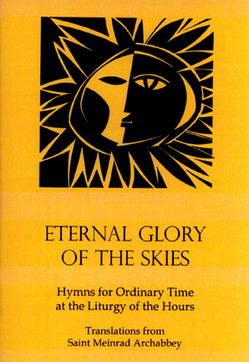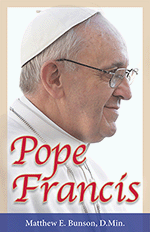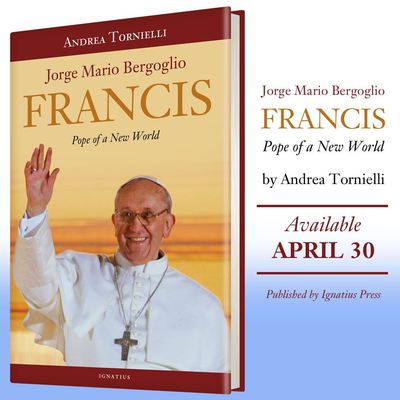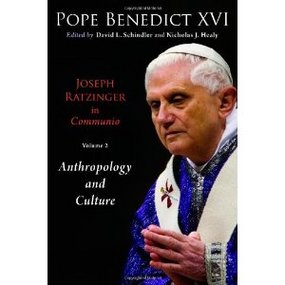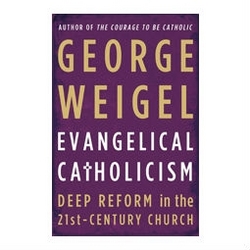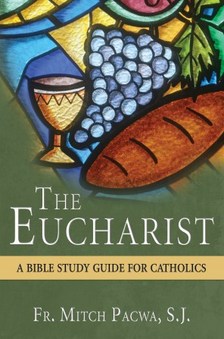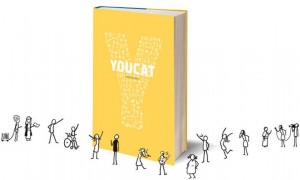 At the 2011 World Youth Day in Madrid, Pope Benedict unveiled what is called, YouCat, the Youth Catechism of the Catholic Church. It was his hope and intention to make the beauty of the Catholic Faith be available to many. The Pope’s foreword says the text provides a tool for all, laity and clergy, “who are looking for answers to problems” as well as “paths for personal and group reflection.”
At the 2011 World Youth Day in Madrid, Pope Benedict unveiled what is called, YouCat, the Youth Catechism of the Catholic Church. It was his hope and intention to make the beauty of the Catholic Faith be available to many. The Pope’s foreword says the text provides a tool for all, laity and clergy, “who are looking for answers to problems” as well as “paths for personal and group reflection.”
YouCat is worldwide success with some 27 translations (and counting). It is, without a doubt, an immense success from a publishing point of view. Recent news on YouCat speaks of Taiwanese Catholics welcoming their edition (天主教 青年 教 理). This good news comes on the heels of a report that 1.5 million copies of the YouCat were distributed for free by Aid to the Church in Need to Brazilian young people to help in WYD 2013.
It goes to show that a book can have a positive effect on faith formation, evangelization, with an emphasis on faith and reason. Just like the standard volume of the Catechism of the Catholic Church, YouCat covers doctrine, sacraments, the moral life, prayer and spirituality.
I find YouCat extraordinarily helpful and promote its use among people of all ages. It is categorically NOT only for young people. Adults of all ages benefit from an attentive use of YouCat. I used it in the RCIA and other adult faith formation forums. The authors/editors made certain that the text gives an excellent user friendly experience, its content is accessible and very handy. It has great images and several great features like definitions, cross-referencing and a good layout. I urge you to get a copy today! Follow the link above.
